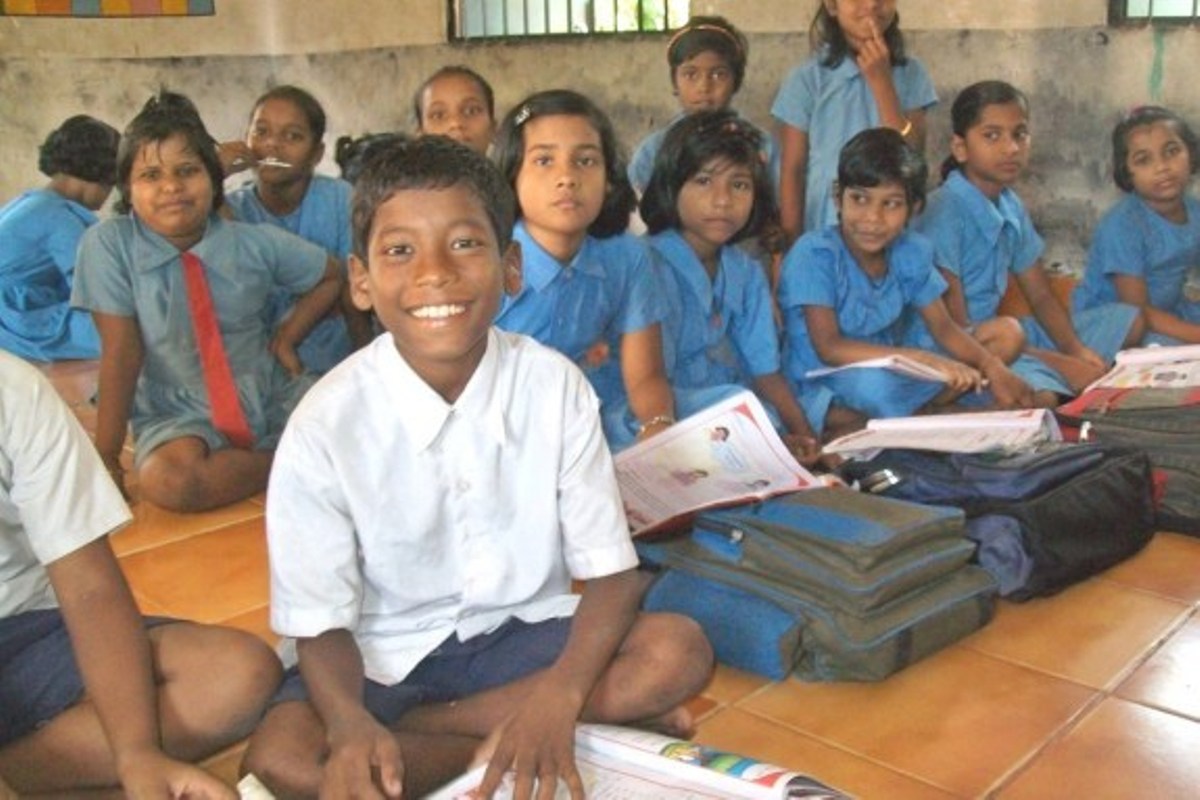The UN Children’s Fund (UNICEF) has appealed for $7 million before the end of March to urgently support 1.4 million children likely to suffer from acute malnutrition in Somalia.
The UNICEF on Tuesday said the money will be used to procure 104,000 cartons of Ready-to-Use Therapeutic Foods (RUTF) for the treatment of children with severe acute malnutrition and avert deaths, Xinhua news agency reported.
Advertisement
“The numbers we are seeing this year are quite high and unless urgent measures are taken, thousands of children are at risk of dying,” the UNICEF Representative Angela Kearney said in a statement issued in the Somali capital, Mogadishu.
Kearney said a potential break in the supplies pipeline could result in a serious shortage of RUTF from June onwards and imperil the lives of more than 1,00,000 children.
UNICEF said more than 1.4 million children in Somalia, which is almost half of the country’s under-five population, are likely to suffer from acute malnutrition due to the ongoing drought that has left 4.1 million people on the brink.
As per the latest Somalia Food Security and Nutrition Assessment released last week, about a quarter of the 1.4 million children, equivalent to 3,29,500 children, will suffer from severe malnutrition this year.
“We know that humanitarian emergencies of this magnitude disproportionately affect children,” said Kearney.
According to the UN, three consecutive seasons of failed rains combined with ongoing conflicts in many parts of Somalia have left a quarter of the population needing immediate food assistance.
“Without urgent scaling up of assistance, the humanitarian situation among the urban and rural poor and displaced populations is expected to deteriorate further between now and June 2022,” the UNICEF warned.
It said the impact on pastoralist communities is especially dire, noting that a critical shortage of water has forced families to migrate to urban and peri-urban centres in search of water for both human and livestock consumption, adding to the 2.9 million people who were already displaced by conflict and climate change.









